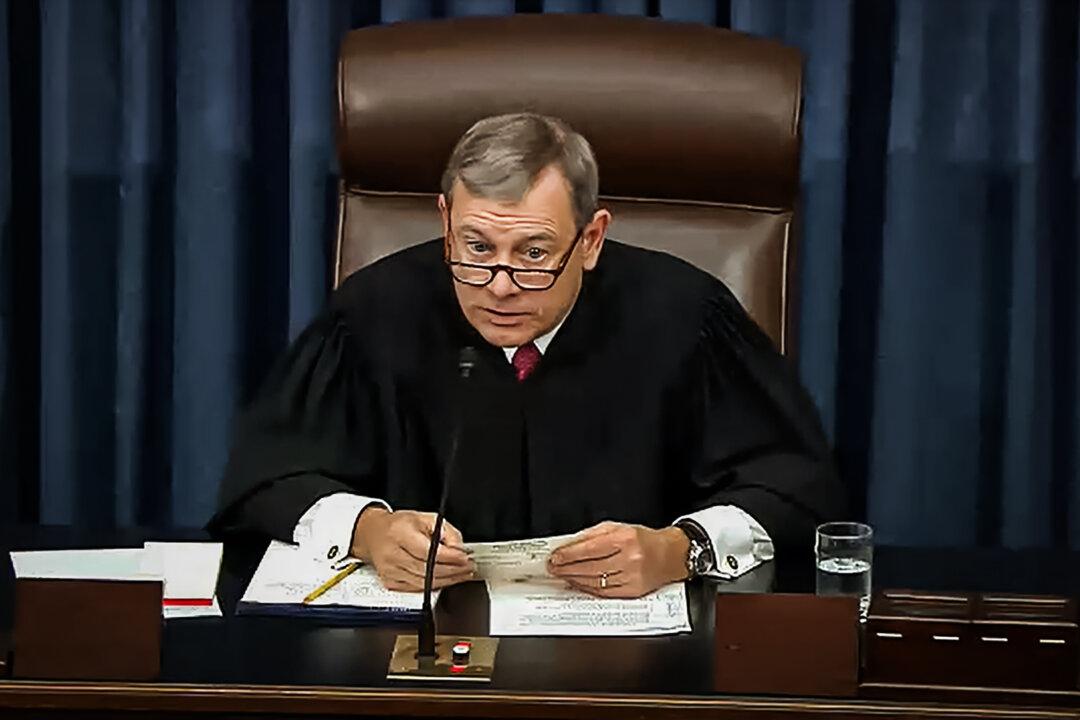The Supreme Court ruled 5–4 on June 6 that the federal government will have to cover Indian tribes’ costs incurred in operating tribal health care programs.
The majority opinion in Becerra v. San Carlos Apache Tribe and Becerra v. Northern Arapaho Tribe was written by Chief Justice John Roberts, joined by all three liberal justices and one conservative.





